Search Results
Showing results 461 to 480 of 661
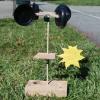
Weather Vane and Anemometer
Source Institutions
In this meteorology activity, learners construct simple devices to measure the direction and speed of wind.
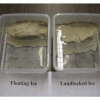
Global Climate Change and Sea Level Rise
Source Institutions
In this activity, learners practice the steps involved in a scientific investigation while learning why ice formations on land (not those on water) will cause a rise in sea level upon melting.
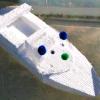
Rubber Band Boat
Source Institutions
In this activity, learners build styrofoam boats powered by twisted rubber bands.
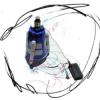
Cup Draw (Low Tech)
Source Institutions
In this activity, learners construct drawing machines using a cup, some markers, and a battery pack. The markers act as "legs" for the machine, making a drawing that records as it moves.

Clipper Creations
Source Institutions
In this activity, learners create a working model of a nail clipper. This activity helps learners learn the basic principles of simple machines, engineering design and model building.
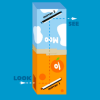
Periscope
Source Institutions
In this optics activity, learners build a spy tool to secretly view things over walls or around corners.
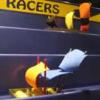
Ships Ahoy!
Source Institutions
The goal of this activity is to design the fastest sailboat or one that carries the most treasure.

Shake the Bag Ice Cream
Source Institutions
In this activity, learners will experiment with salt and ice in order to turn a bag of ingredients into ice cream.
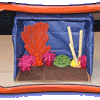
Create a Coral Reef
Source Institutions
Educator Amy O'Donnell from the American Museum of Natural History guides learners to create a diorama of a coral reef.
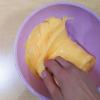
Measuring with Flubber
Source Institutions
In this activity learners will measure and manipulate flubber using different tools. Learners will explore volume and make observations about texture and shapes.
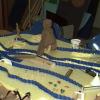
Make Your Own Mini Mini Golf Course
Source Institutions
Build your own Mini Mini Golf Course and learn about hands-on building and design, basic circuitry, motion modules and more!
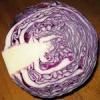
Cabbage Patch Chemistry
Source Institutions
In this chemistry activity, learners will learn how to make their own pH indicator using cabbage leaves, and then test common household items with their homemade indicator.
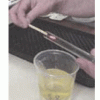
Having a Gas with Water
Source Institutions
In this activity, learners construct a simple electrolysis device. With this device, learners can decompose water into its elemental components: hydrogen and oxygen gas.
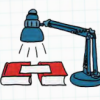
Light Bulb Challenge
Source Institutions
In this activity, learners explore the difference between compact fluorescent light (CFL) bulbs and traditional incandescent bulbs.
Fish Prints
Source Institutions
In this hands-on art activity, learners will study and identify features of the external anatomy of a fish.
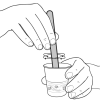
Choose Your Ooze
Source Institutions
During this activity, learners will make different versions of "ooze" using varied proportions of detergent and glue.
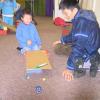
Exploring Ramps
Source Institutions
This guide features three related ramp explorations in which learners investigate the following science concepts: when placed on a ramp, some objects roll, others slide, and others stay put; the shape

Running on Empty
Source Institutions
In this exercise and nutrition activity, learners will explore how food is the fuel that powers them. They will create a chart to figure out how many calories they burn during recess.
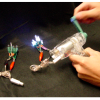
How can You Demonstrate the Efficiency of Different Light Bulbs?
Source Institutions
In this activity, learners actually feel the difference in energy required to light two different types of light bulbs: incandescent light and LEDs.
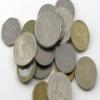
Sort It Out!
Source Institutions
In this activity, learners explore how engineers have developed sorting systems which integrate into manufacturing and packaging processes. Learners explore how coins are made.
